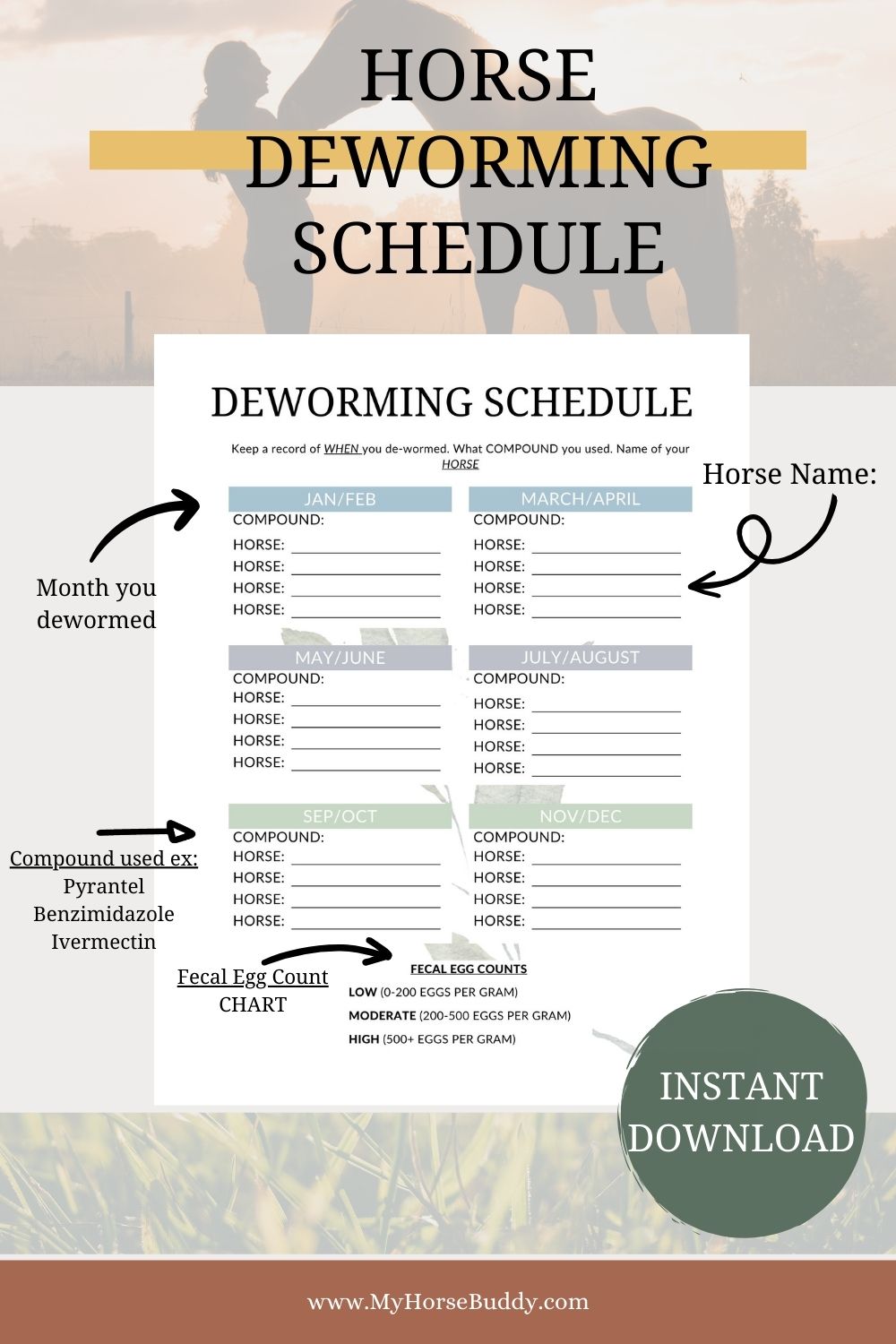- Home
- Importance of DeWorming Your Horse
The Vital Importance of DeWorming Your Horse
As horse enthusiasts, we understand the joy and fulfillment that comes with caring for these majestic creatures. Ensuring the well-being of our equine companions goes beyond providing them with a comfortable stable, a balanced diet, and regular exercise. One often overlooked yet crucial aspect of horse care is de-worming. In this blog post, we'll delve into the significance of deworming your horse and the positive impact it can have on their health.
The Hidden Threat: Internal Parasites
Internal parasites, commonly known as worms, pose a significant threat to the health and performance of horses. These parasites, including strongyles, roundworms, tapeworms, and bots, can wreak havoc on the digestive system, leading to a range of issues such as weight loss, colic, diarrhea, and even more severe complications.
1.Preventing Health Complications:
Deworming plays a pivotal role in preventing a myriad of health issues associated with internal parasites. Regular deworming helps control and eliminate these parasites, reducing the risk of gastrointestinal problems and ensuring that your horse remains in optimal condition.
2. Maintaining Proper Nutrition:
Worm infestations can compromise the absorption of essential nutrients in your horse's digestive system. By deworming regularly, you contribute to maintaining the efficiency of their gastrointestinal tract, allowing for proper nutrient absorption and utilization. This, in turn, ensures your horse receives the necessary nutrients to thrive and perform at their best.
3. Enhancing Performance:
A healthy horse is a happy and high-performing horse. By implementing a strategic deworming schedule, you contribute to the overall well-being of your equine friend. This, in turn, can positively impact their energy levels, stamina, and performance, whether you're engaged in recreational riding, competition, or any other equine-related activities.
4. Preventing Contamination:
Contaminated pastures are a breeding ground for parasites, making it crucial to manage and control their populations. Deworming not only protects your horse from internal parasites but also reduces the risk of environmental contamination. This contributes to a healthier living environment for all horses in the vicinity.
5. Tailoring DeWorming Strategies:
Not all horses have the same susceptibility to parasites, and their environments play a significant role in determining the level of risk. Consultation with a veterinarian is essential to develop a deworming program tailored to your horse's specific needs and circumstances. Regular fecal testing can help identify the types of parasites present and guide the selection of appropriate deworming medications.
In conclusion, deworming is a fundamental aspect of responsible horse ownership. By prioritizing a proactive and tailored deworming schedule, you invest in your horse's long-term health and happiness. Regular veterinary consultations, combined with a strategic deworming program, will help keep internal parasites at bay, ensuring your equine companion enjoys a life filled with vitality and vigor. Remember, a healthy horse is a thriving horse, and deworming is a key component of their overall well-being.
Ready to streamline your horse care routine and ensure your equine companion's well-being? Visit our Etsy shop and download our Deworming Schedule Printable today! Take the first step toward a healthier, happier horse with a well-organized and effective deworming management plan.
